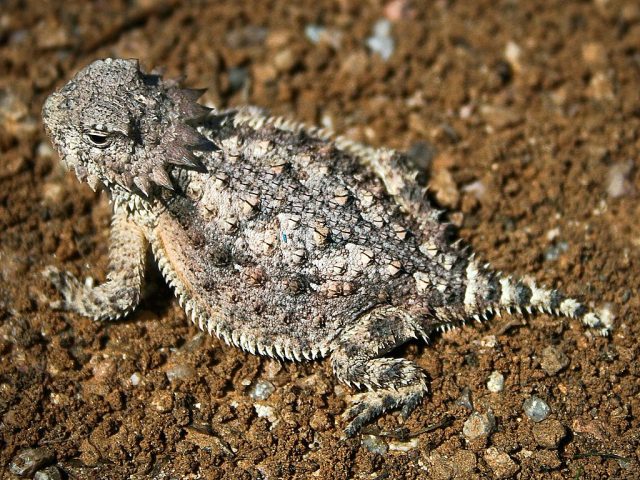Type the name of the breed you're looking for below
[wpdreams_ajaxsearchlite] Don't see the breed your're looking for? Click here and let us know!
Horned Lizard
| Place of Origin and Range | Of 15 species of horned lizards in North America, eight are native to the United States. |
| Description | Horned lizards use a wide variety of means to avoid predation. Their colouration generally serves as camouflage. When threatened, their first defence is to remain still to avoid detection. If approached too closely, they generally run in short bursts and stop abruptly to confuse the predator's visual acuity. If this fails, they puff up their bodies to cause them to appear more horned and larger, so that they are more difficult to swallow. |
| Morph Patterns Available | No |
| Adult Size | Can grow up to 6in ( 15cm) |
| Accommodation | Temperatures of 79 °F (26 °C) to 95 °F (35 °C) and must have appropriate sources of UVB and UVA lighting, or else their bodies cannot produce vitamin D that promotes calcium absorption, which can result in a metabolic bone disease that can be fatal. A small enclosure and access to fresh water. |
| Lifespan | Can live 3- 5 years |
| Feeding / Diet | Wild specimens eat primarily ants. |
| Other Considerations | While previous thought held that compounds were added to the blood from glands in the ocular sinus cavity, current research has shown that the chemical compounds that make up the defence are already in the circulating blood. It is possible that their diet of large quantities of venomous Harvester Ants could be a factor; however, the origin and structure of the chemicals responsible are still unknown. |



